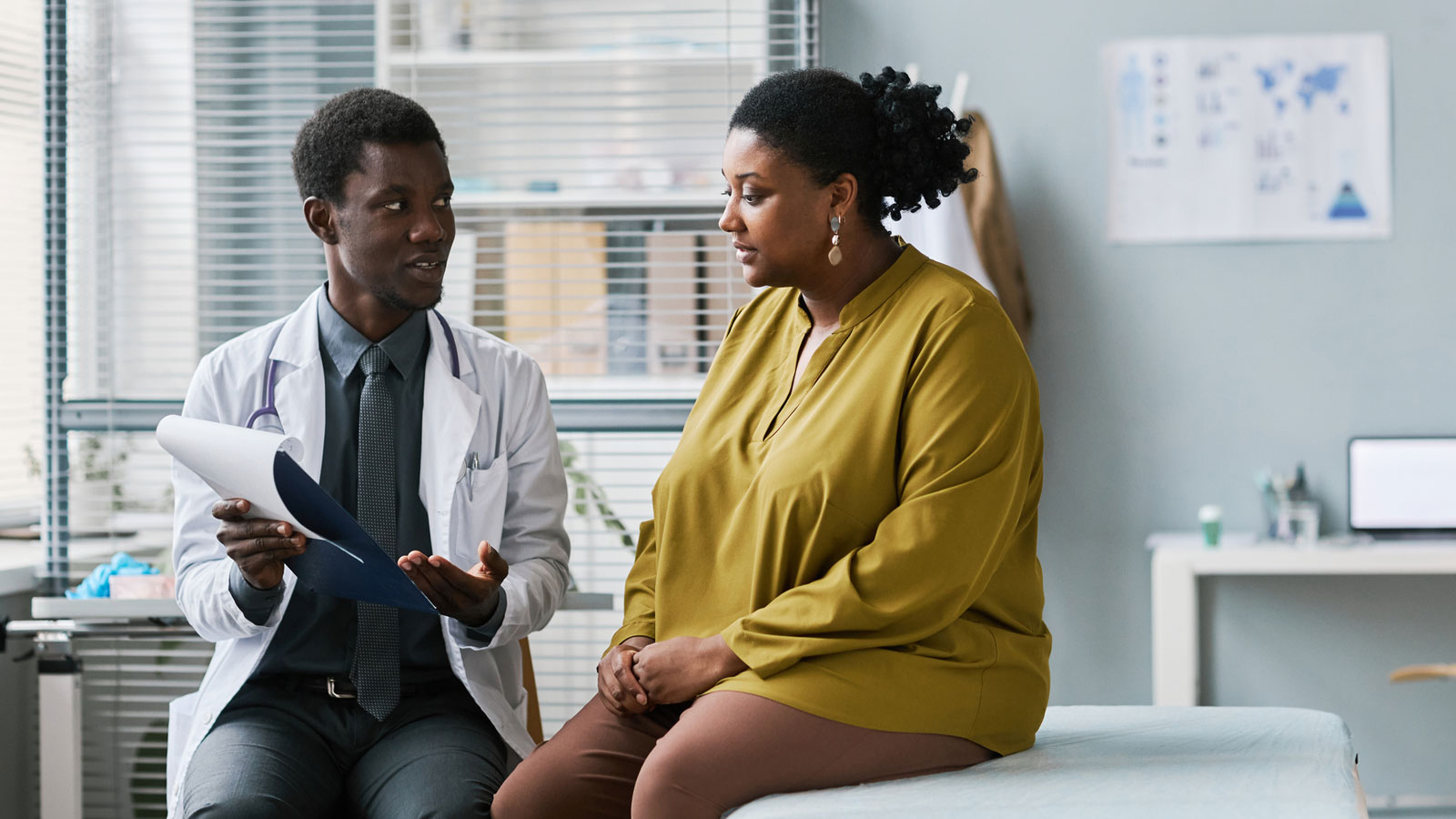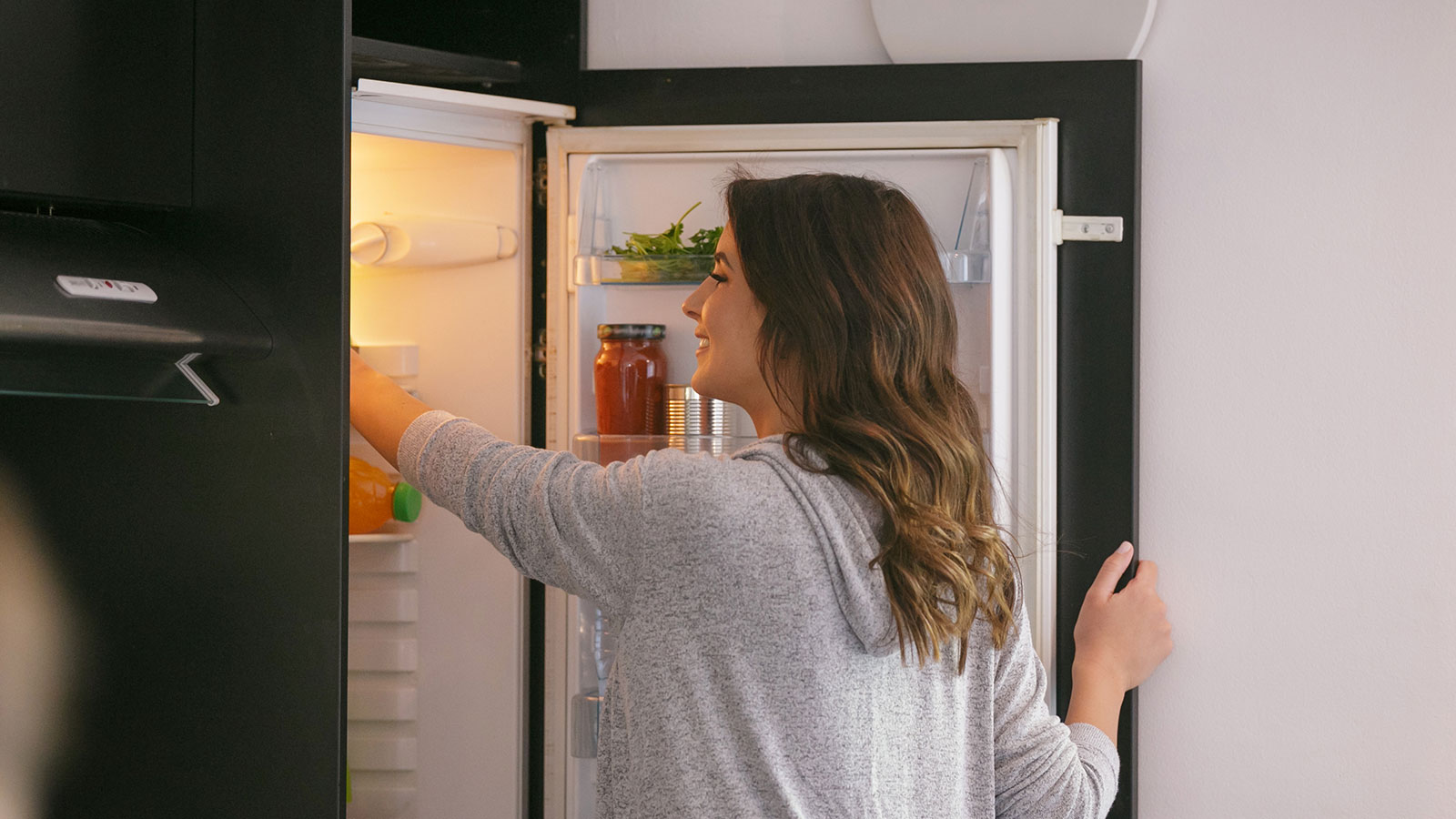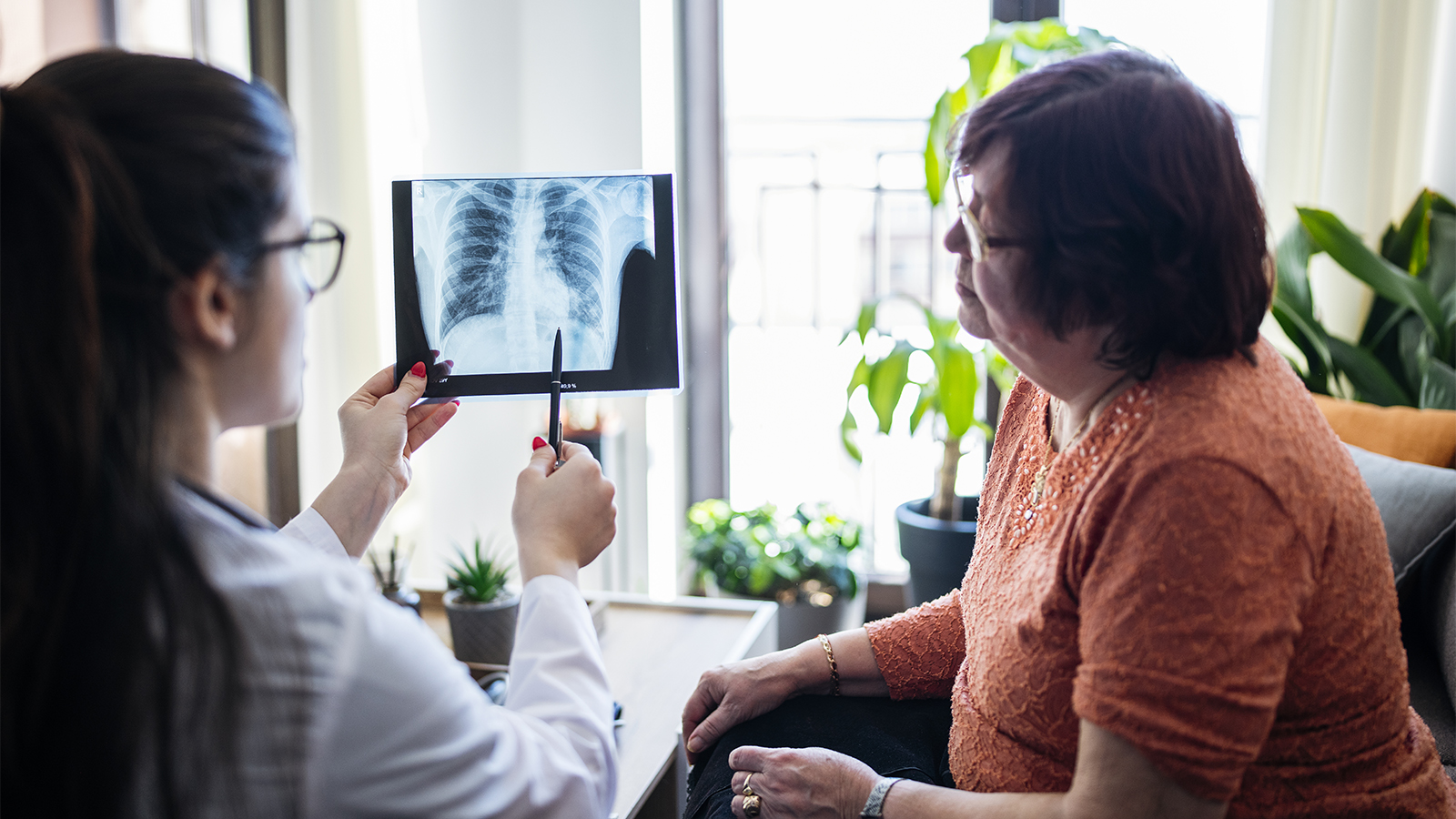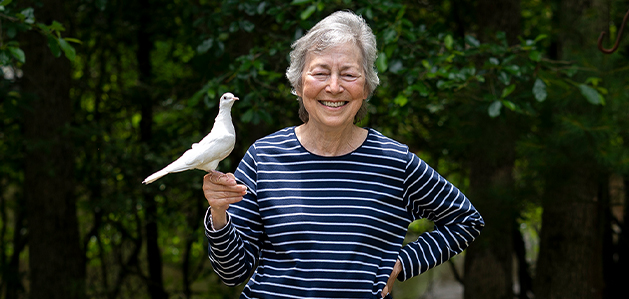10 Reasons to Schedule Your Colonoscopy Screening Today
About 1 in 3 Americans who should be tested for colorectal cancer have never been screened. Here are 10 reasons why you should probably schedule your colonoscopy screening today.

By Keith Meslin, MD, Virtua Colorectal Surgeon
If you’ve been afraid or embarrassed to have a colonoscopy, here are 10 reasons why you should reconsider scheduling this life-saving screening.
Not enough people are screened for colorectal cancer.
One in three Americans who should be tested for colorectal cancer have never been screened. According to colorectal screening guidelines, colonoscopies are recommended for:
- Everyone ages 45 and older.
- Younger people who have had a first-degree relative diagnosed with colorectal cancer at or before age 50. In these cases, the screening should take place at the age of onset for that relative minus 10 years. So, if your father developed colorectal cancer at age 45, you should start screening at age 35. If the family member was older than age 50, then you should have your first colonoscopy at age 40.
You can have colorectal cancer and not have any symptoms.
A sudden and consistent change in bowel movements, unexplained anemia, as well as rectal pain and bleeding, are the most common symptoms, but some people won't notice any changes until cancer is in a later stage.
Polyps can develop into cancer.
Screening is important for various types of cancer, but especially colorectal cancer. During the screening, doctors can find and remove early polyps long before they become cancerous tumors. In fact, a small polyp could take five to 10 years to turn cancerous. This is what makes colorectal cancer extremely preventable—and preventive screening extremely important.
Early detection and treatment are essential.
As with all cancers, the sooner colorectal cancer is diagnosed, the better the chances a person can live a longer life, with a better quality of life.
Some people have a greater chance of developing colorectal cancer than others.
As with many other serious health conditions, people appear to be at a greater risk of developing colorectal cancer if they’re obese, eat a diet high in red or processed meats, consume too much alcohol, smoke cigarettes, or don't exercise regularly.
Men and women are at equal risk for colorectal cancer.
In both men and women, colorectal cancer is the third-most commonly diagnosed cancer. One in 20 Americans will be diagnosed with colorectal cancer at some point in their lives.
But men are more likely to die from colorectal cancer.
For reasons that aren’t fully understood, men are more than likely than women to die from colorectal cancer. This does not mean women should be any less concerned about their risk, however.
African Americans are at the highest risk of colorectal cancer.
For reasons that aren’t fully understood, African Americans have the highest colorectal cancer incidence and mortality rates of all racial groups in the U.S.
A colonoscopy can save your life.
A colonoscopy is an outpatient procedure that’s performed while you’re under sedation so there’s no discomfort. There are other testing options available, but these don’t definitively rule out any growths in the colon and often still require a colonoscopy if any abnormality is found.
Treatment advancements have made colorectal cancer more survivable than ever.
Even in its later stages, colorectal cancer is easier to treat than it was in decades past because of advances in surgical techniques and new chemotherapy agents.
How AI technology improves colonoscopy accuracy—and can save your life
At Virtua, we utilize AI technology with GI Genius™ that helps your doctor identify difficult-to-spot polyps. Don’t put off this life-saving screening. Schedule your colonoscopy today.
There's So Much More to Explore
Discover expert insights, inspiring stories, health tips, and more by exploring the content below!

The Weird Pregnancy Side Effects No One Tells You About

10 Reasons to Schedule Your Colonoscopy Screening Today

At-Home Colon Cancer Tests vs. Colonoscopy: Which Screening Option Is Right for You?

10 Hand Washing Tips to Keep You Healthy All Year

How Exercise Helps Fight the Winter Blues and Improve Your Mood

8 Signs It's Time to See a Gastroenterologist

How the Unique Stages of a Woman's Heart Affect Her Health

Complex Aortic Surgery Provides Lu’Shell Hope for the Future

8 Stretching and Balancing Exercises for Older Adults

Cervical Cancer Screening Guidelines: What You Need to Know

Healthy Snack Recipes for Kids: Fast, Fun, and Full of Flavor

What To Eat Before And After Your Workout

HeartTalk Magazine

Healthy Takeout Made Easy: What to Order for Better Nutrition

How Weight-Loss Surgery Can Improve Diabetes, Heart Health, and More

6 Tips for an Easier Colonoscopy Prep

How to Achieve Your Health Goals This Year

Why Weight Loss Plateaus Happen (And What to Do Next)

Knee Replacement Rehab: 7 Exercises to Restore Your Strength and Range of Motion

COPD vs. Asthma: Understanding the Difference in Symptoms

Are You Eating Too Much Salt? High-Sodium Foods to Watch For

How to Tell the Difference Between Cold, Flu, and COVID-19

Baseball Coach Turns Male Breast Cancer Surprise into Personal Mission

Young Breast-Cancer Survivor Has New Hope for Healthy Future

Is Cancer Hereditary? What You Need to Know About Your Genetic Risks

Your Guide to Mammograms: When to Get Screened and What to Know

5 Key Facts About Proton Therapy for Cancer Treatment

3 Changes You Can Make Today to Lower Your Cancer Risk

A Lung Cancer Screening Could Save Your Life

The HPV Vaccine: A Powerful Shield Against Cervical Cancer

How Does Breast Density Affect Your Mammogram?

Breast Cancer Diagnosis Inspires Catherine to Help Others
Firefighter's Successful Lung Cancer Care at Virtua

A Breast Self-Exam Saved Kristen's Life

Protect Your Child From HPV and Related Cancers

Early Treatment is Best to Relieve Hemorrhoid Symptoms

Rectal Cancer Surgery Gets Eileen Back to her Magical Life | Virtua Health
Robotic Surgery Helps Shelly Haney Return to Her Happy Place

